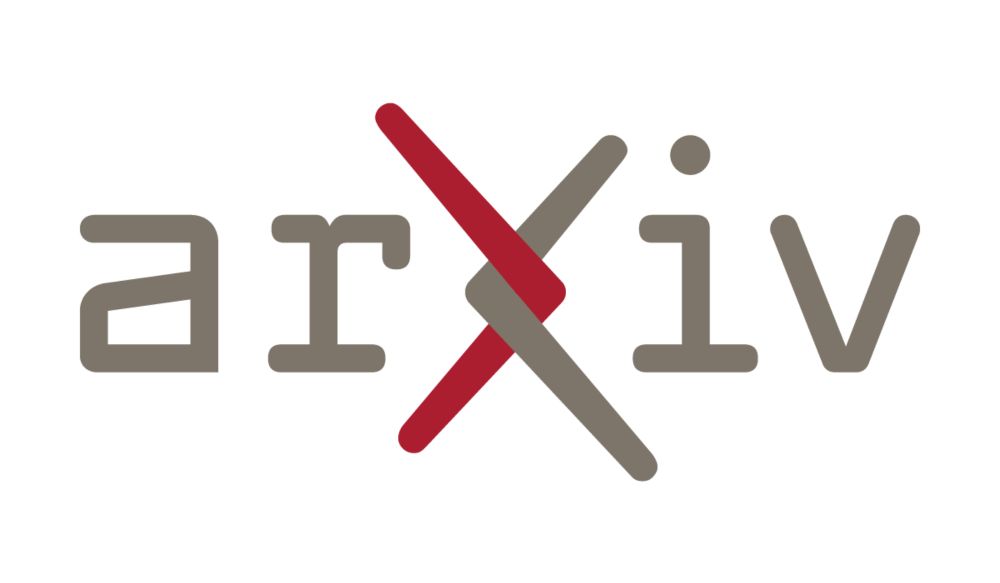
📍 Pittsburgh, PA, mostly
🕸️ https://www.andrew.cmu.edu/user/nicolasc
Paper: arxiv.org/abs/2501.16681
Real-time website: cryptotrade.cylab.cmu.edu/poisoning/
Real-time twitter bot:
x.com/toxin_tagger
(no BlueSky bot yet, sorry, soon I hope)
(7/7 end)

Paper: arxiv.org/abs/2501.16681
Real-time website: cryptotrade.cylab.cmu.edu/poisoning/
Real-time twitter bot:
x.com/toxin_tagger
(no BlueSky bot yet, sorry, soon I hope)
(7/7 end)

